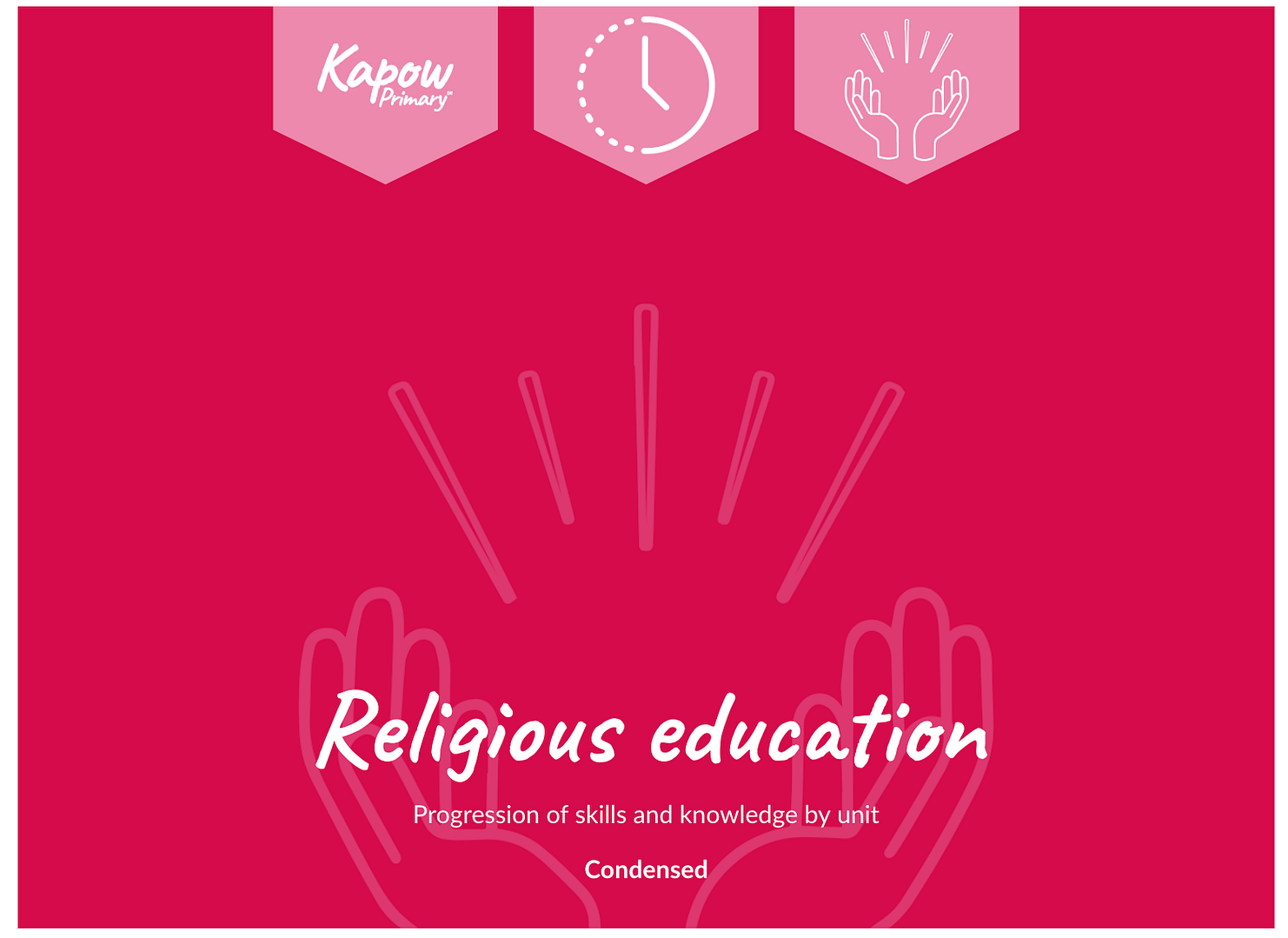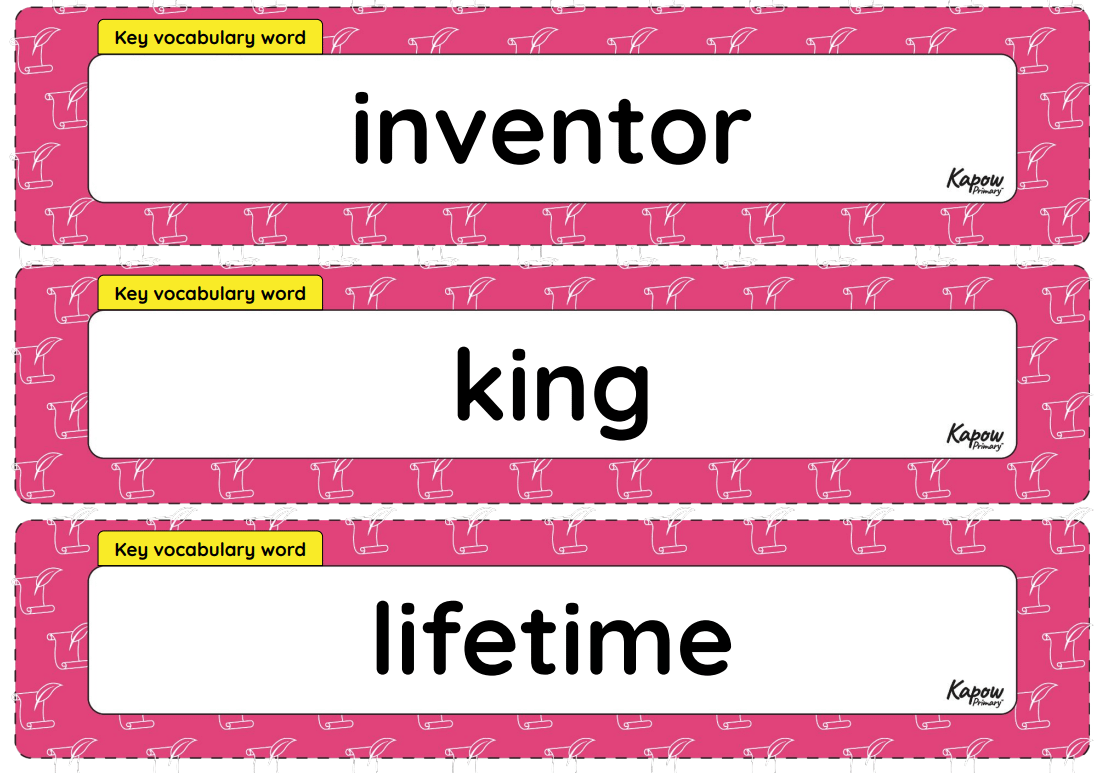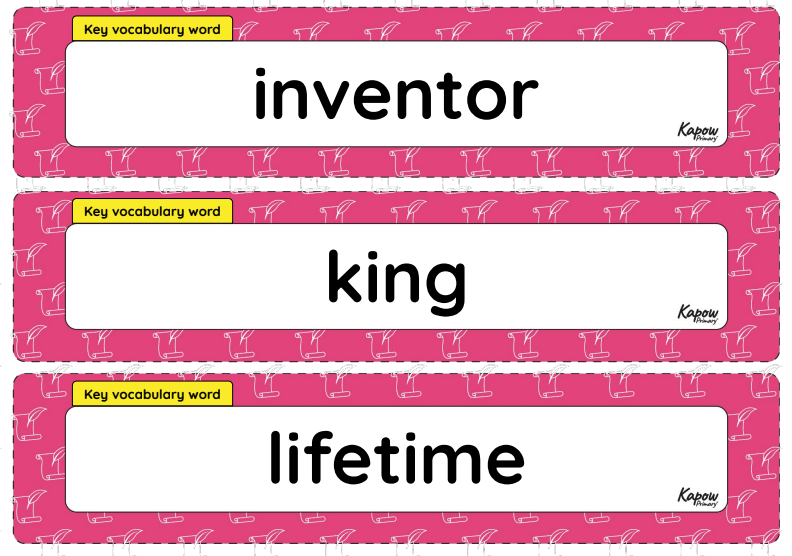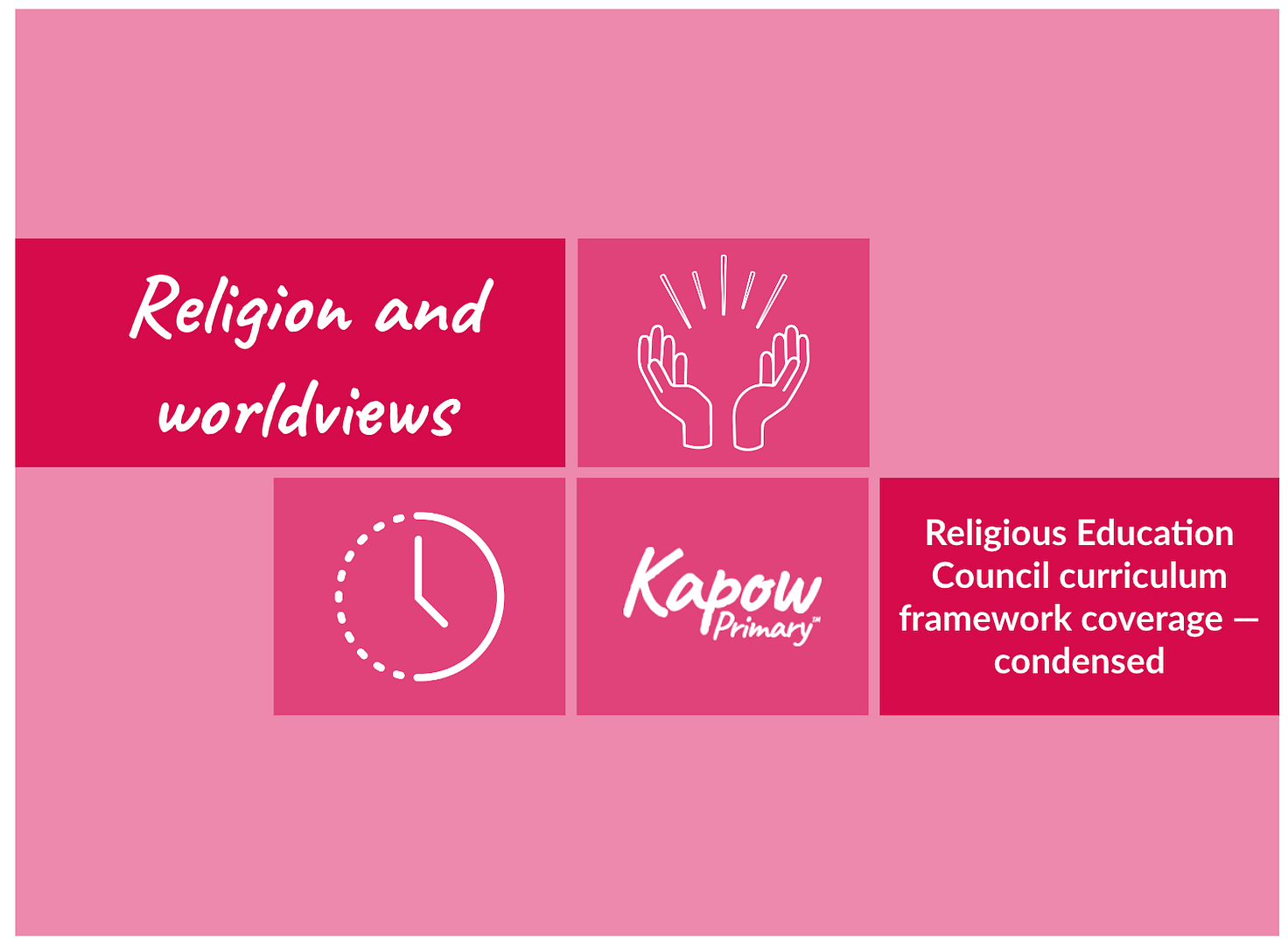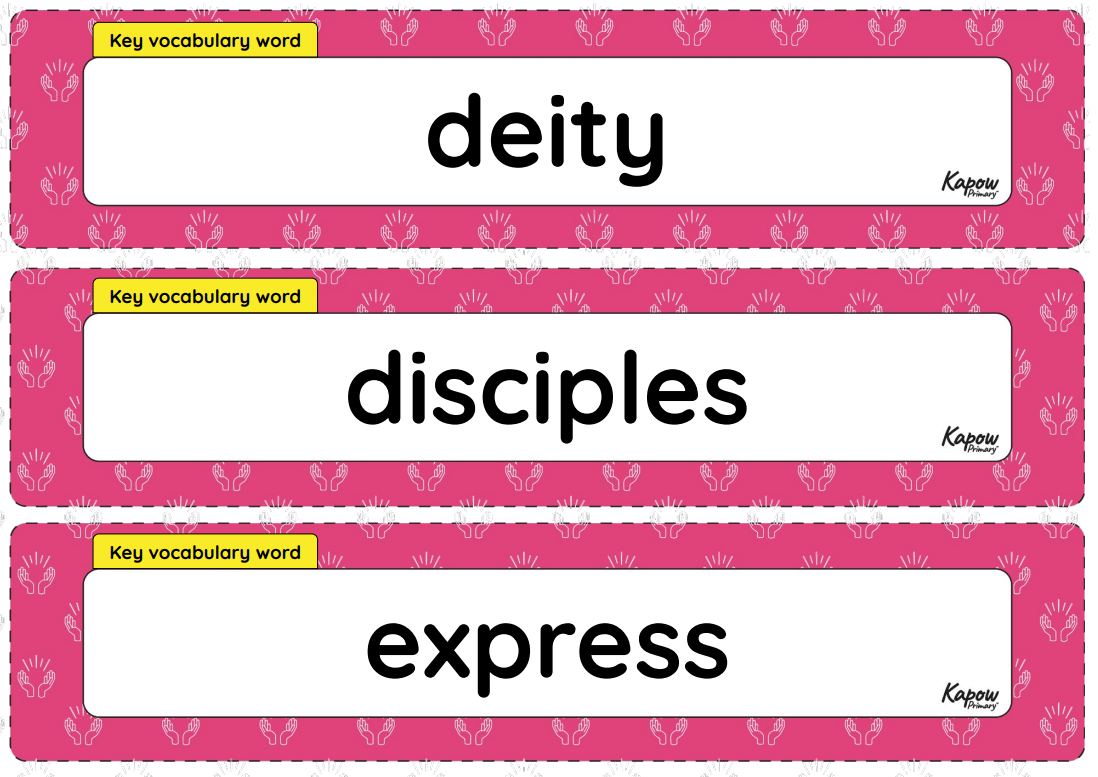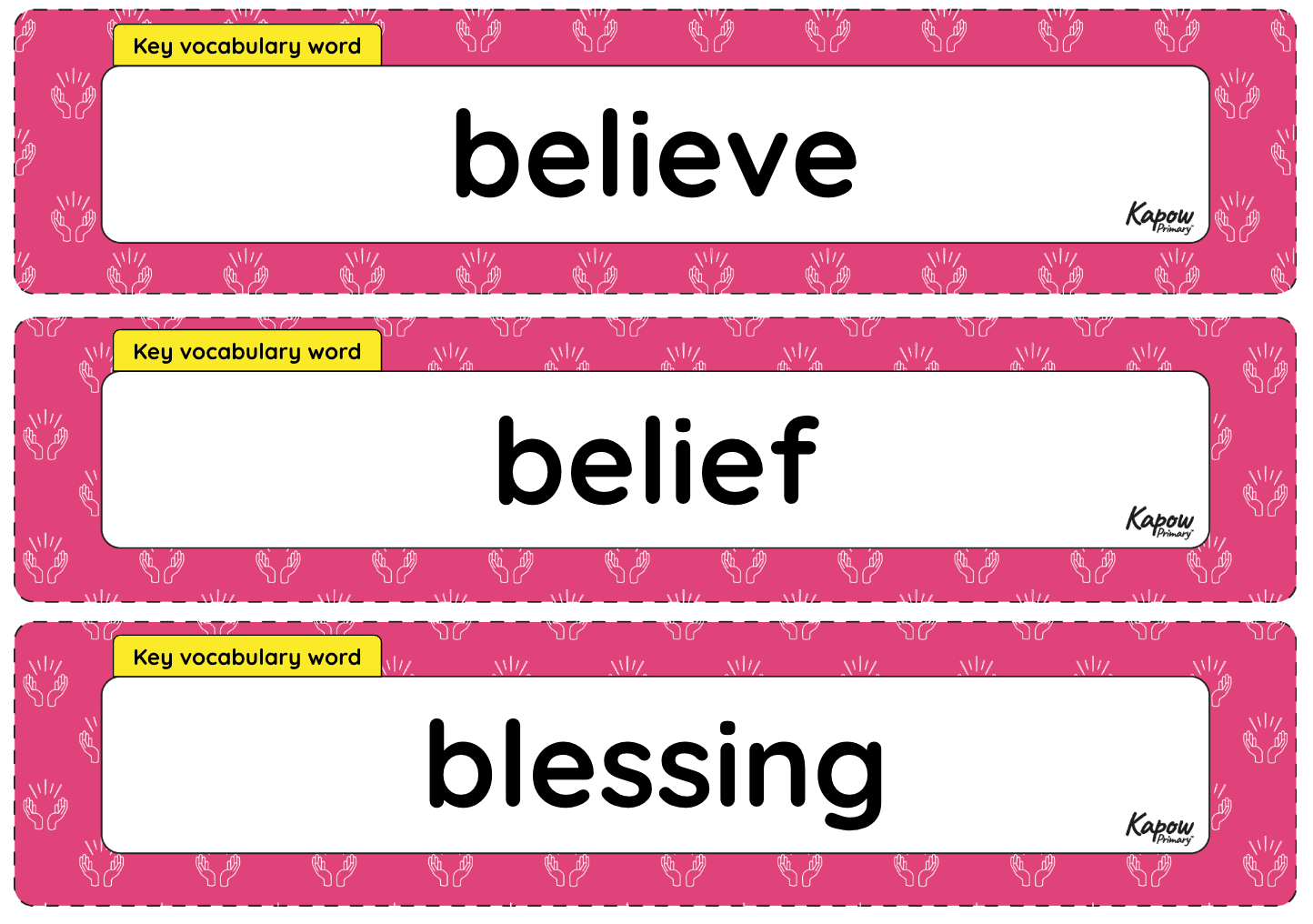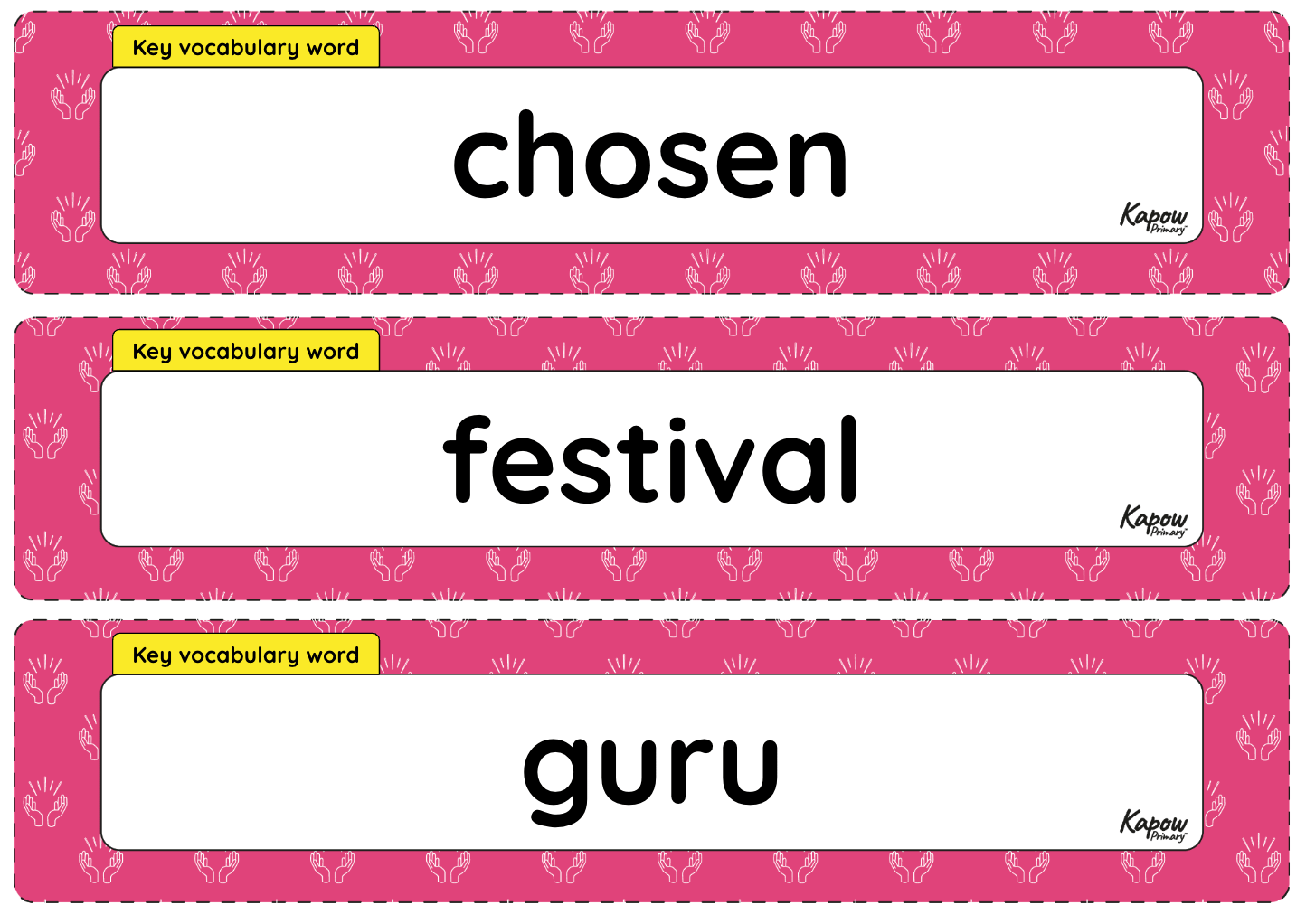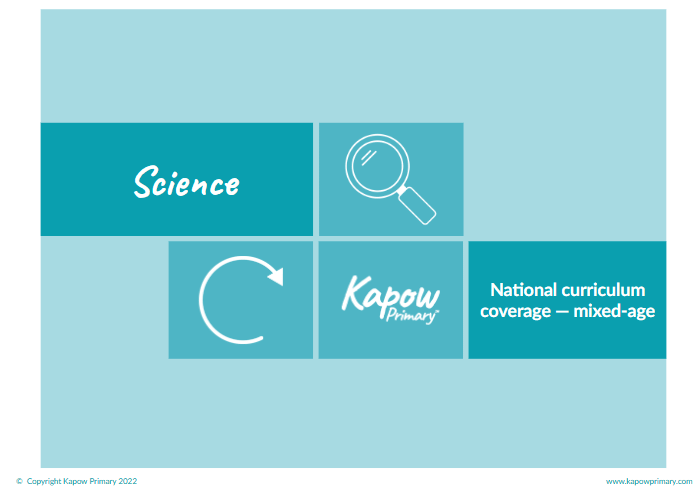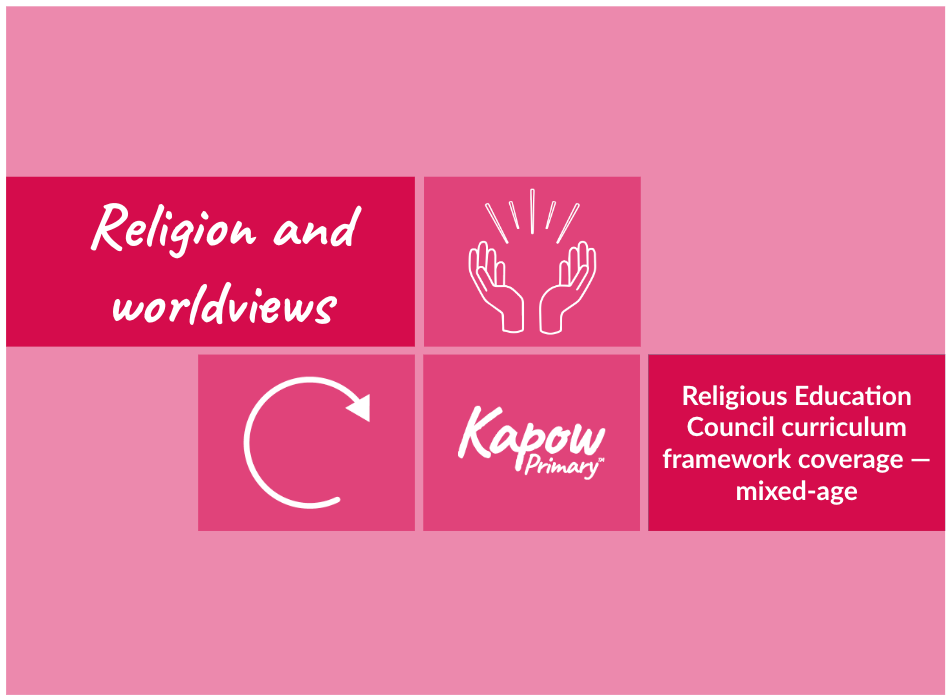This document accompanies our Religion and worldviews: Long-term plan — condensed and the Progression of knowledge and skills — condensed.
year: Year 2
Key vocabulary display: History – Y1/2
This key vocabulary display lists the keywords from all the Year 1 and Year 2 units.
Key vocabulary consists of words the pupils are expected to retain and reuse in future units. Understanding these words enhances comprehension of the subject and supports understanding. Consider displaying relevant keywords from previous years as a reminder for the pupils.
See the full History: Progression of key vocabulary.
Each unit also has a Unit vocabulary display featuring relevant keywords and additional unit-specific words that may be helpful as part of a display.
Key vocabulary display – History: Year 2
This key vocabulary display lists the keywords from all the Year 2 units.
Key vocabulary consists of words the pupils are expected to retain and reuse in future units. Understanding these words enhances comprehension of the subject and supports understanding. Consider displaying relevant keywords from previous years as a reminder for the pupils.
See the full History: Progression of key vocabulary.
Each unit also has a Unit vocabulary display featuring relevant keywords and additional unit-specific words that may be helpful as part of a display.
Religion and Worldviews: Curriculum framework coverage — condensed
If you follow our Religion and worldviews: Long-term plan — condensed, you have full coverage of the Curriculum framework for Religious Education in England.
This is the document which many SACREs (Standing Advisory Council for Religious Education) used as the framework for designing their locally agreed syllabus.
Vocabulary display – R&W Y2: Why do we need to give thanks?
This unit vocabulary display includes keywords from the Year 2 unit Religion and worldviews, Y2, How did the world begin? and additional unit-specific words that may be helpful in a display.
Key vocabulary is clearly labelled on the display, highlighting essential words that the pupils are expected to retain and reuse in future units. Understanding these words enhances comprehension of the subject and supports understanding of prominent organised worldviews.
See the full Religion and worldviews: Progression of key vocabulary.
Key vocabulary display: R&W – Y1/2
A display version of the key vocabulary for Year 1/2.
Key vocabulary display: R&W – Year 2
Science: National curriculum coverage — mixed-age
A mapping document showing each of the National curriculum’s statutory attainment targets and which Science mixed-age units work towards them, broken down into scientific knowledge and understanding and working scientifically.
Religion and worldviews: Religious Education Council curriculum framework coverage — mixed-age
This is a Religious Education Council curriculum framework coverage mapping document. It shows the Religious Education Council’s curriculum framework attainment targets (non-statutory) mapped against Kapow Primary’s Religion and worldviews units.

